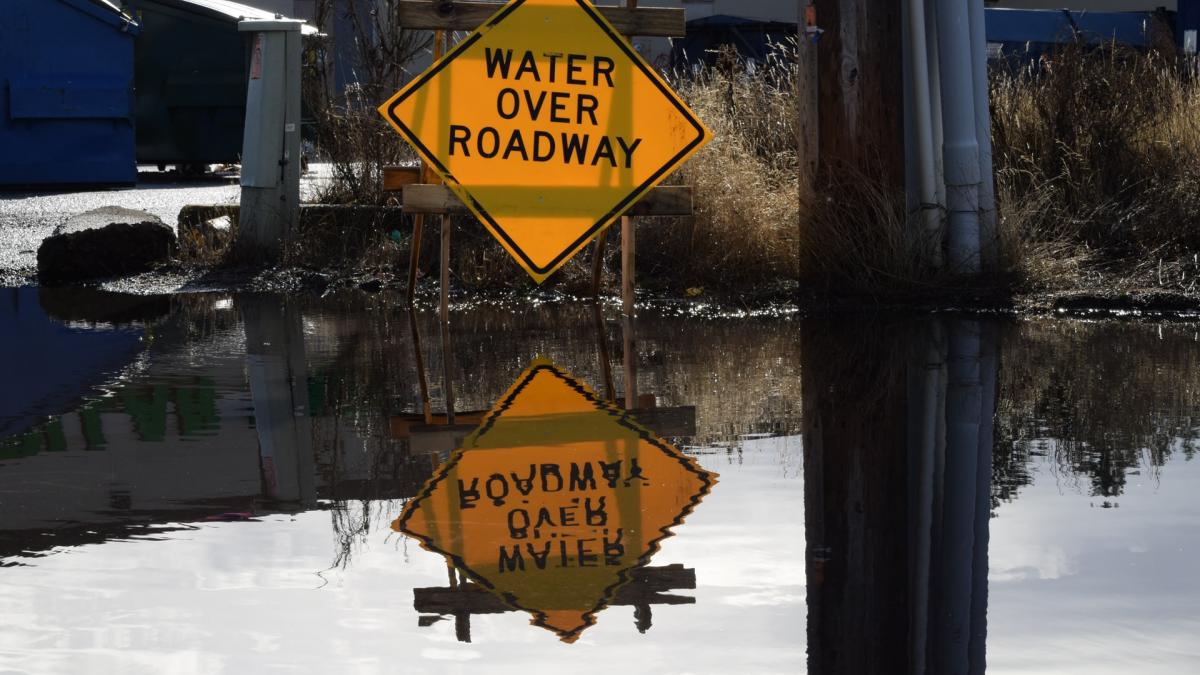Two University of Washington experts in climate change and health are lead authors of the latest report from the Intergovernmental Panel on Climate Change (IPCC), “Climate Change 2022: Impacts, Adaptations and Vulnerability.”
The report, published this week, offers a “dire warning” about the consequences of inaction on reducing the emissions that are causing our planet to warm and on implementing interventions to prepare for and effectively manage the dangerous impacts of climate change that are already occurring.
The report “shows that climate change is a grave and mounting threat to our well-being and a healthy planet,” said Hoesung Lee, chair of the IPCC, in a news release.
Dr. Jeremy Hess is one of the lead authors of Chapter 7: Health, Well-being, and the Changing Structure of Communities. He is director of the UW Center on Health and the Global Environment (CHanGE) and professor in the UW Department of Environmental & Occupational Health Sciences and the UW Department of Global Health.
The report is “unprecedented in the breadth and depth of its assessment,” Hess said. “And its findings are clear: Climate change is already posing significant and widespread burdens on health, through warming temperatures, extreme heat events, changing precipitation patterns and relative humidity, more frequent and severe storms, and wildfires.”
Lower health care costs could pay for mitigation efforts
“The report clearly highlights an overarching need for coordinated climate change adaptation across all sectors, including health, with emphasis on addressing social inequities and other underlying factors that drive vulnerability to climate change impacts,” he said.
Efforts to reduce greenhouse gas emissions yield substantial health dividends that, in most cases, pay for the mitigation efforts themselves, Hess noted.
Catch-up investments needed in the health sector
DEOHS Professor Kristie Ebi also served as a lead author on the same chapter and a contributing author on the IPCC’s Summary for Policymakers. She is also CHanGE’s founding director and professor of global health.
“People are suffering and dying right now from climate change, with the risks projected to increase without urgent and immediate investments in health systems to protect and promote population health,” Ebi said.
“The magnitude and pattern of future climate change impacts will depend on choices made in other sectors,” she said, such as urbanization plans, efforts to manage growing wildfire risks and modifications to water systems to account for changing rainfall patterns.
“There’s a long list of effective adaptation options that can increase the resilience of our health systems and our health care infrastructure, as well as strengthen the capacity of communities to be better prepared to manage changing weather patterns,” Ebi said.
“The major constraint for health is the insignificant investment in this area; catch-up investments are needed that at least keep pace with climate change.”
Contributing UW authors for the IPCC report also include DEOHS Associate Professors Jennifer Otten and Karen Levy, and Yona Sipos, DEOHS assistant teaching professor. DEOHS is part of the UW School of Public Health.




